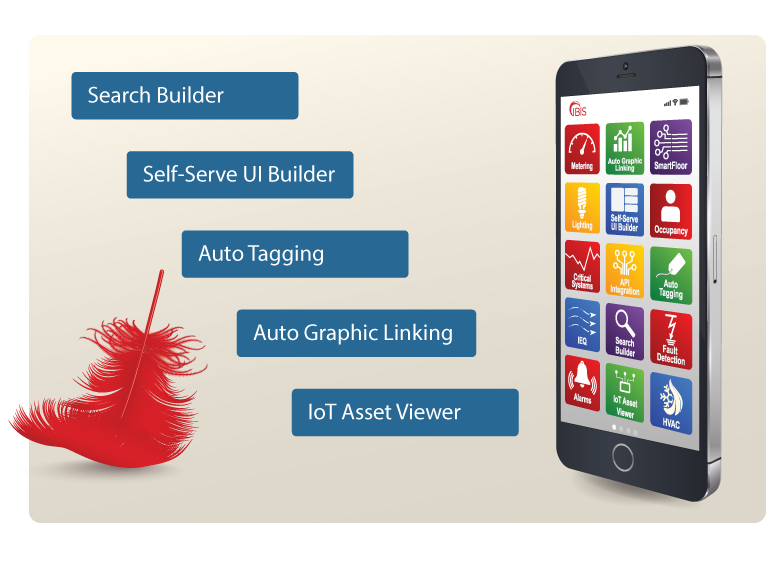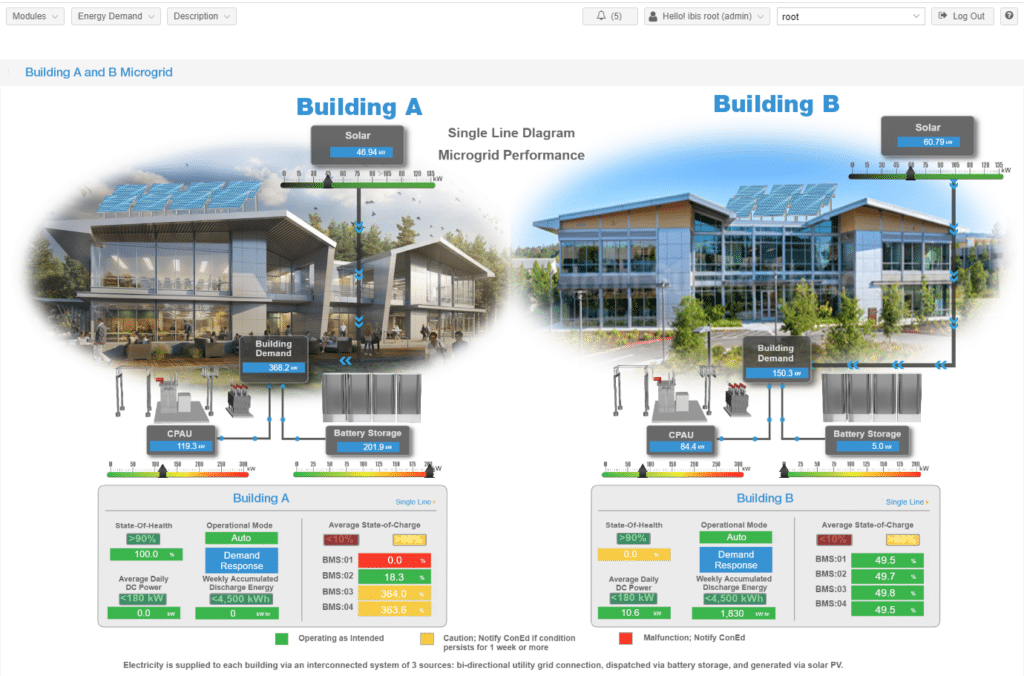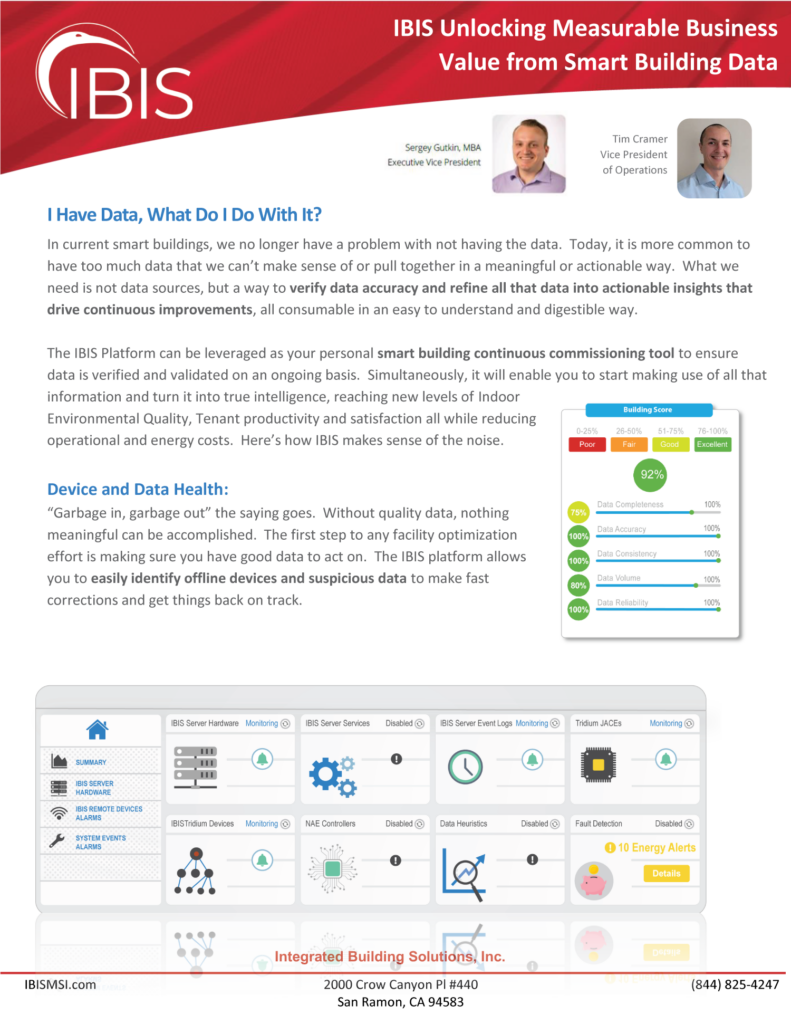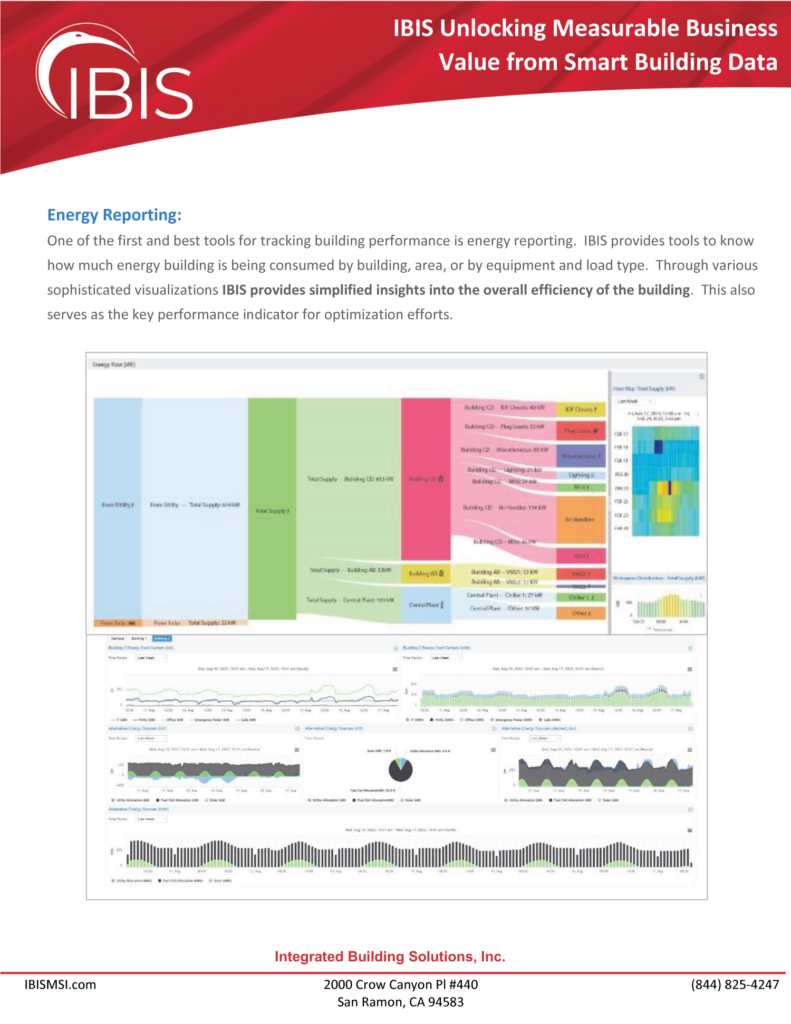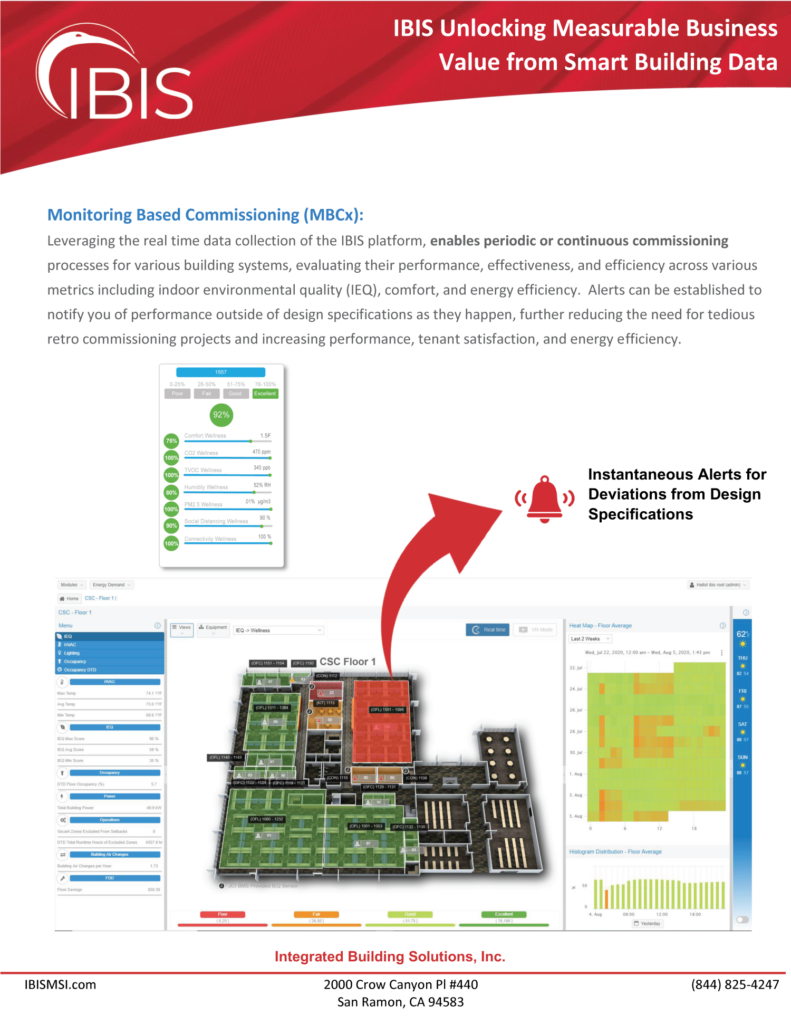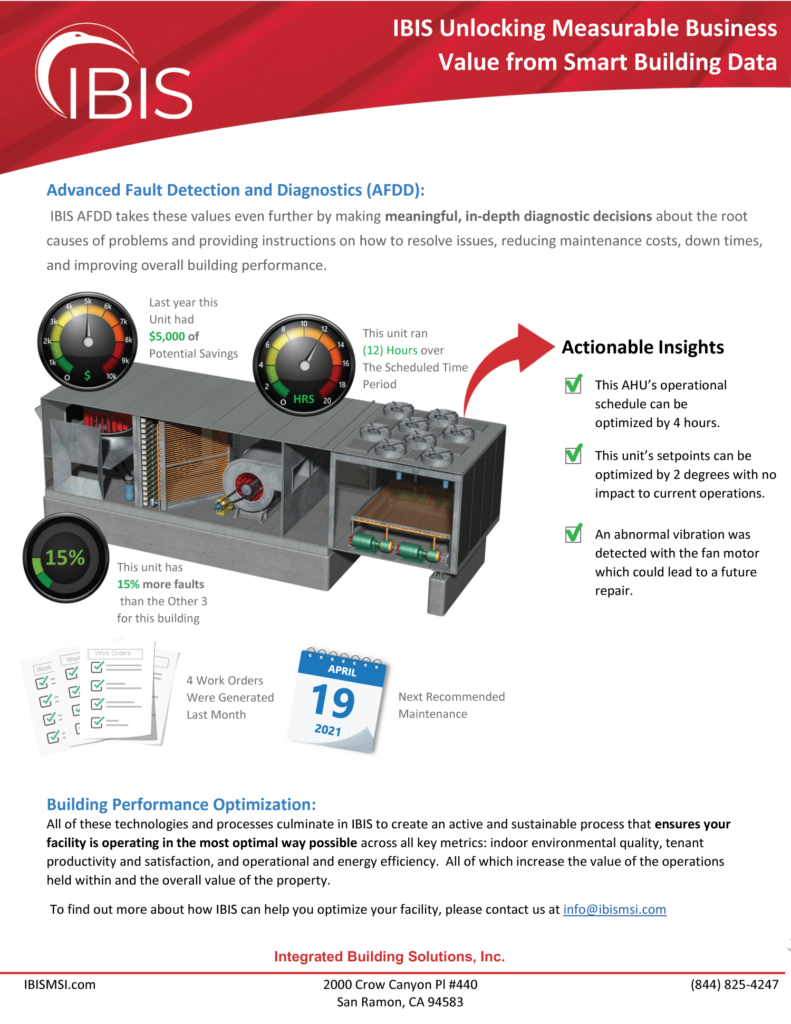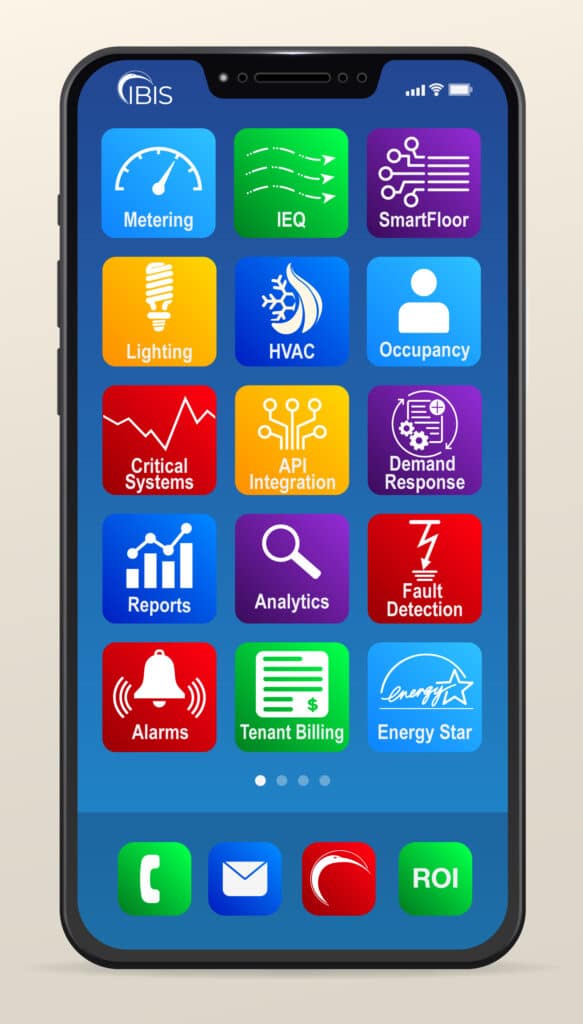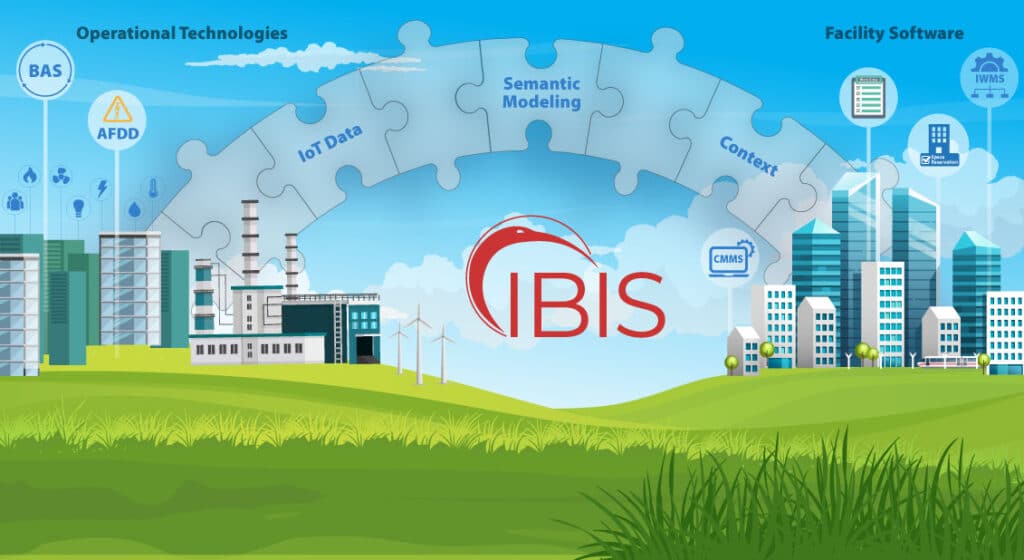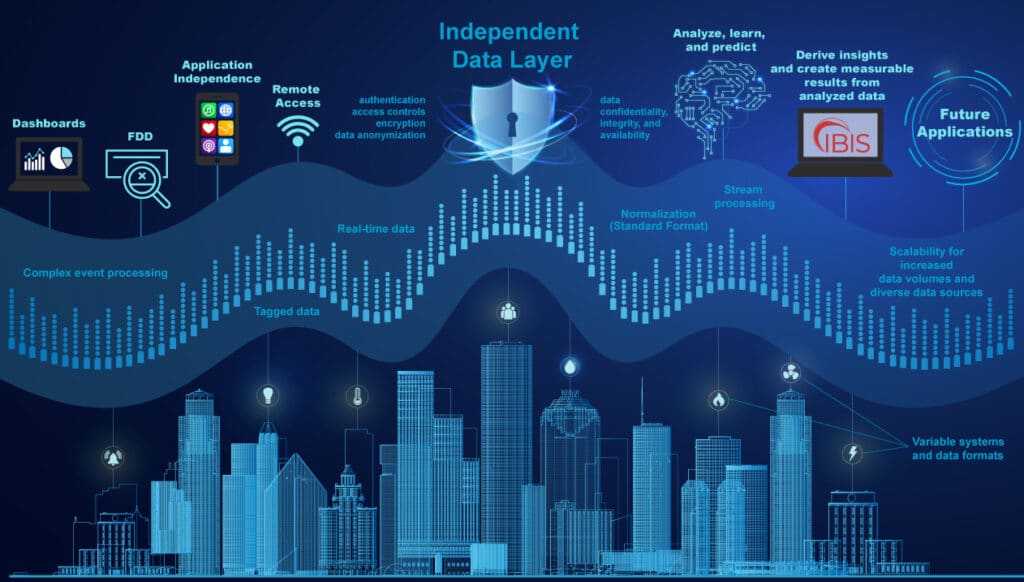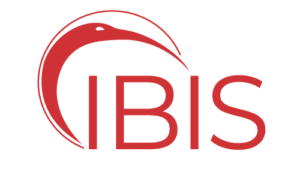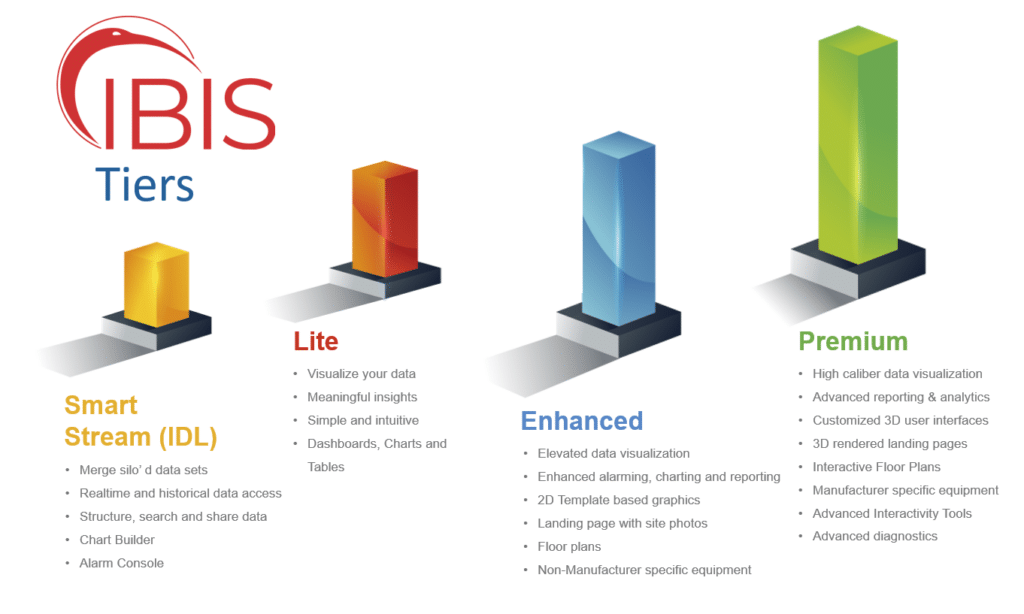
We are thrilled to share some exciting news regarding IBIS’s software product offerings that will provide even more value and flexibility to our clients. As part of our commitment to continuous improvement and tailoring our solutions to your needs, we are introducing a new approach to our software tiers.
Starting September 1st 2023 IBIS software will be available under four distinct tiers, each carefully designed to cater to varying levels of requirements, allowing you to choose the perfect fit for your specific needs. These tiers have been meticulously crafted to provide you with a comprehensive range of features, all at different price points, ensuring that you get the most value out of your investment with us.
By utilizing the multi-tiered IBIS offering, you can effortlessly tailor and scale the solution to align with your requirements and financial plan. This empowers you to realize your top-priority goals efficiently and accelerate your return on investment.

